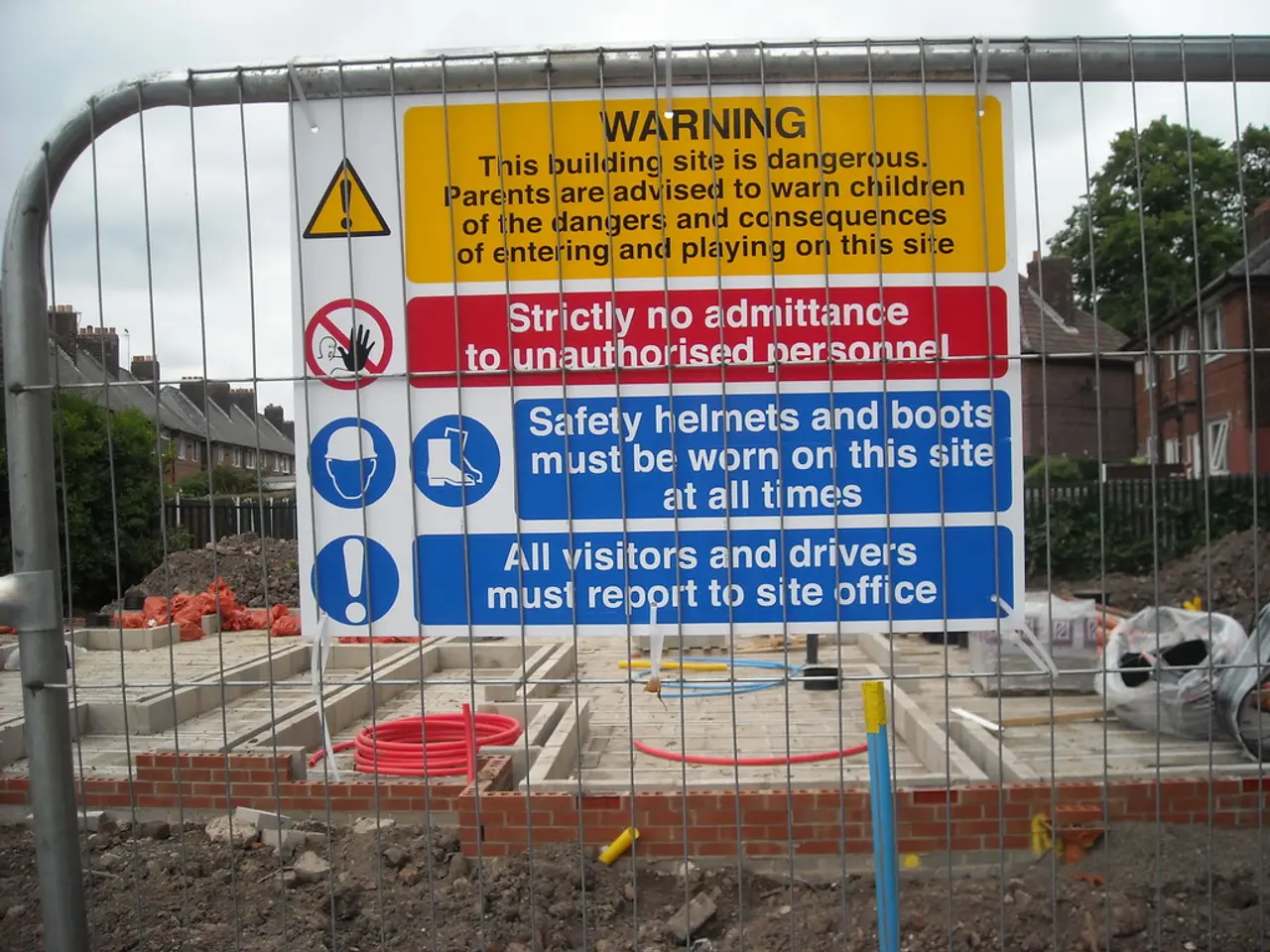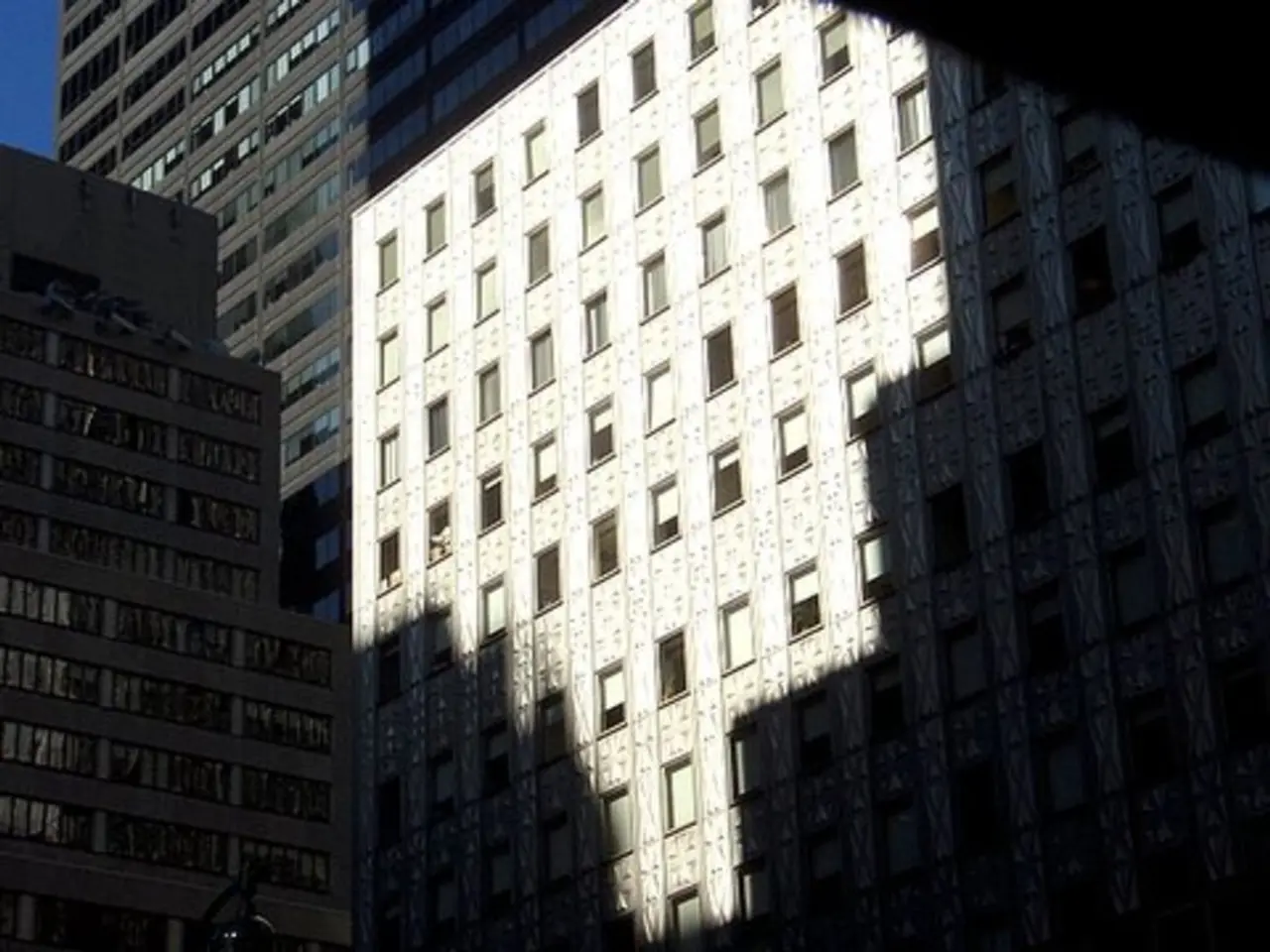Dispute ignites over land distribution method in Baringo region
Baringo Land Dispute: Ongoing Controversies Surround Title Deeds, Adjudication, and Objection Fees
In the heart of Kenya's Rift Valley, the Baringo region has been embroiled in a contentious land dispute, with issues centering around title deeds, adjudication, and objection fees. The ongoing land verification and validation efforts, initiated in May 2025, have sparked controversies, revealing systemic problems and fueling claims of land grabbing[1].
One of the affected individuals is 73-year-old Pastor Jonathan Kipkulei, who has lived on his land for decades but has never held a title deed[2]. During the verification process, he discovered that part of his land has been excised and allocated to another person[2].
The Baringo land adjudication process, governed by the Land Adjudication Act, involves verification and validation stages. The authorities claim they engage locals through prescribed procedures, including a mandatory 60-day field camp and public meetings. However, the process itself has led to at least 27 disputes reported since it began in May 2025, showing tensions from overlapping claims and irregularities[1].
Some families in Baringo claim they have been attacked and their homes demolished during the land disputes. Human rights activist Isaiah Biwott stated that there has been a rise in the number of land grabs in the area as a result of the ongoing adjudication[5]. Biwott also accused some land officials in Baringo of colluding with land grabbers to frustrate legitimate landowners[5].
Those dissatisfied with adjudication outcomes must follow the legal avenue to file objections. An objection fee of KSh 3,000 is required and is non-negotiable according to a land official[1]. This fee serves as a formal step to manage disputes, though it has caused frustrations among locals who perceive it as a barrier or an unfair burden during community-wide disputes[1].
These complex and contentious challenges in land ownership verification are exacerbated by historical fraudulent transactions, unclear titles, and the rigid requirements of the adjudication framework[1][3]. The situation is further complicated by systemic issues with title fraud and abuse of office, as illustrated by cases like that of former MP Sammy Mwaita facing charges related to land fraud involving forged titles and false registration of parcels in Nairobi[3][4].
To address these issues, the government plans to employ an additional 100 land valuers to accelerate the titling program[6]. However, concerns remain about the fairness and transparency of the process, with Chief Justice Maraga expressing suspicion about a committee overseeing the Ruto-Raila deal[7].
As the situation in Baringo continues to unfold, it serves as a reminder of the urgent need for reform in Kenya's land registration system, ensuring fairness, transparency, and protection for all landowners.
Sources:
- The Star
- Daily Nation
- Business Daily Africa
- Capital FM
- Standard Digital
- The Star
- Daily Nation
In the midst of these land disputes in Baringo, it's evident that politics and general-news are intertwined, as the ongoing controversies surround title deeds, adjudication, and objection fees are causing tension and sparking accusations of land grabbing and collusion among officials. Furthermore, the high objection fee of KSh 3,000 required for adjudication disputes is fueling frustrations among locals, demonstrating how sports and politics can both overlap in the realm of general-news.





